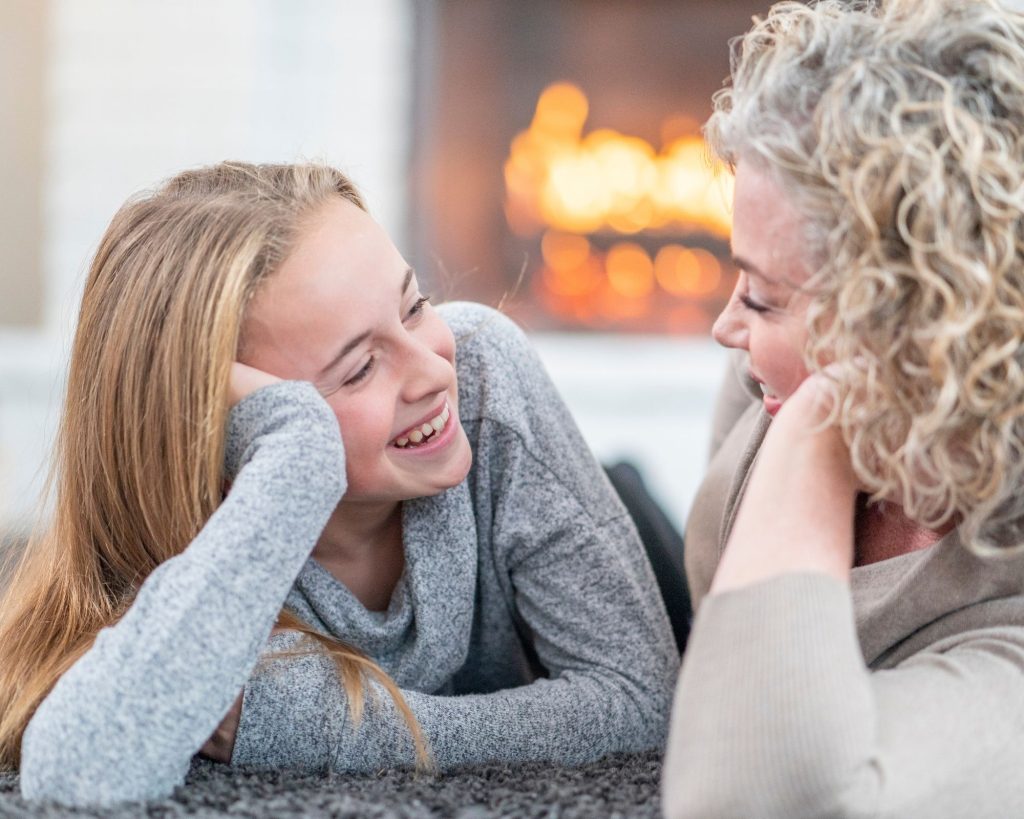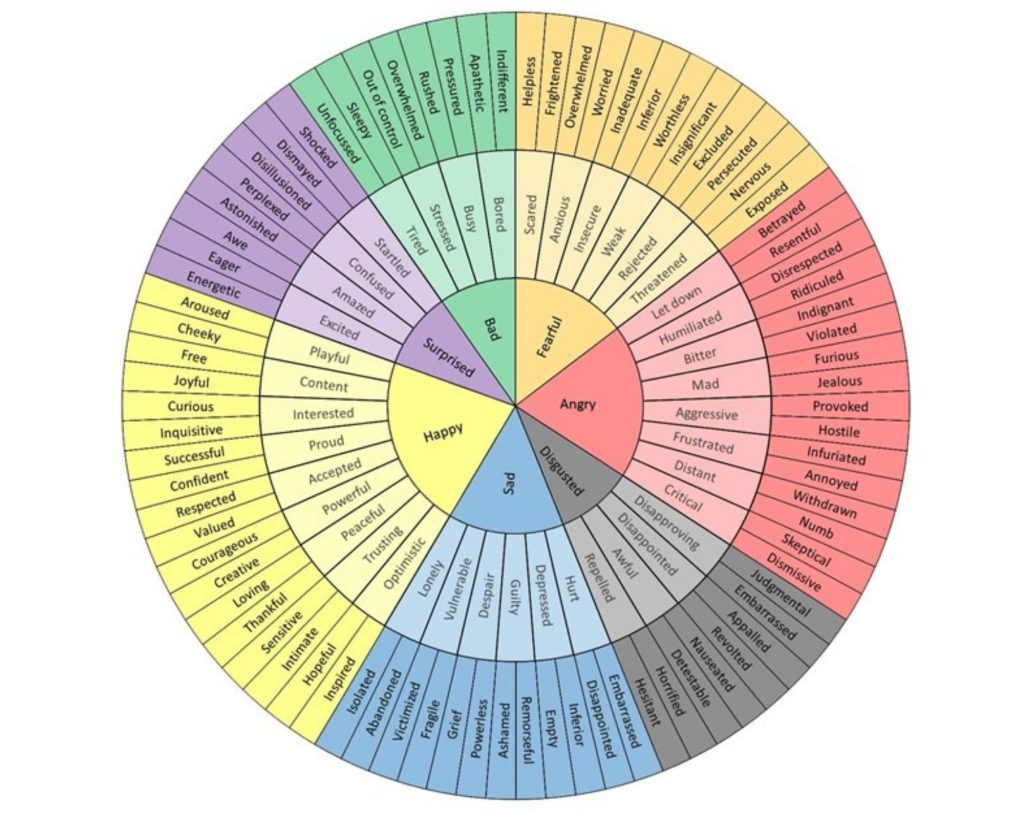Building Teen Grit & Motivation
Our team here Pyramid Psychology has noticed an increase in the teens and parents we work with struggling with Teen Grit & Motivation – so we are covering it on our socials, blogs, and live videos for all of January!

Photo by Canva

Photo by Canva
There is a lot of overlap between teen grit and motivation, with both concepts referring to a complex process that starts and maintains goal-oriented actions. Despite the similarities, there are noteworthy differences:
Motivation – can come from internal or external sources, be directed at small or large goals. It is also more likely to fluctuate.
Grit – refers to the perseverance and passion to achieve long-term goals. In this context, passion does not necessarily mean being swept up in strong emotions but rather knowing what is meaningful to you – the spark that provides a sense of purpose.
Think of motivation as the daily weather, and grit is the climate.
Daily motivation is something you can handle on the spot, with the various tools and resources out there, including our blog article: 5 Ways to Increase Teen Motivation https://pyramidpsychology.com/teen-motivation-5-ways-to-increase-teen-motivation/ .
To ensure the overall is going well, regular check-ins and support from external sources can be really helpful for your teen – therapy is one way to get this support. You can meet our team, and book a free 20-minute consultation HERE.
Angela Duckworth is a leading psychologist in grit, and defines it in the following quote:
“Grit is passion and perseverance for long-term goals.
One way to think about grit is to consider what grit isn’t.
Grit isn’t talent. Grit isn’t luck. Grit isn’t how intensely, for the moment, you want something.
Instead, grit is about having what some researchers call an “ultimate concern”–a goal you care about so much that it organizes and gives meaning to almost everything you do. And grit is holding steadfast to that goal. Even when you fall down. Even when you screw up. Even when progress toward that goal is halting or slow.
Talent and luck matter to success. But talent and luck are no guarantee of grit. And in the very long run, I think grit may matter at least as much, if not more.”
In other words, grit takes your teen’s values into consideration – what matters so much to them in this life that they are willing to stick to it even when things get tough? What is it that gives them a sense of purpose and meaning?

Photo by Canva
(Values can be hard to identify. If you would like to know more check out this values list (List of Values – Steve Pavlina) or consider booking a session with one of the Psychologists on our team HERE.
Because grit is based on your teen’s values, it is less swayed by factors like feelings or setbacks. Instead, it is an ongoing process of choices to make moves (no matter how small!) toward the life they want to live.
Grit is a complex, long-term process that is made up of countless small decisions.
While some teens may be naturally “grittier”, grit is a quality that can also be cultivated.
Here are some questions your teen can ask themselves, if grit is something they want to cultivate more of in their life:
Cultivating Teen Grit: What do they want the most for their life?
Have your teen take some time to be intentional and reflect on this question, whether that be through journaling, meditation, discussion, or paying attention to their own thoughts. You can join them, too!

Photo by Canva
Cultivating Teen Grit: What is a small, next step that you can take to reach your long-term goal or end state?
It can be easy to get lost in questions of where to start or how to achieve a large goal – think of ONE small thing you can do today, instead of looking at your whole to-do list.

Photo by Canva
Cultivating Teen Grit: What is your inner voice telling you?
Is it a helpful, hopeful voice, or a negative, judgmental one? If you’re struggling with your thoughts, our blog on Thought Distortions HERE has some helpful ways to re-energize your thinking.
Cultivating Teen Grit: How do you view failure?
A quote by Denis Waitley says:
“Failure should be our teacher, not our undertaker. Failure is delay, not defeat. It is a temporary detour, not a dead end. Failure is something we can avoid only by saying nothing, doing nothing, and being nothing.”
One last thing I’ll share is a question for YOU to ponder as a parent – “what can I do to model motivation for my teen?”
Lack of motivation, if it goes on too long, can often express itself as anxiety or depression. With our FREE Anxiety Toolkit for Parents Raising Teen Girls, you will receive 10 tools you can begin implementing TODAY to support your teen through this. Download your free copy here:
I am always a call away as an external resource for your teen – gaining a new perspective with someone on the outside can go a long way to building a life of grit and success for your teen. You can book a free 20-minute consultation with me here:
Book a Free 20 Minute Consultation with Jessa
Email us with any questions, any time: info@pyramidpsychology.com
Love,
Jessa

Jessa is a provisional psychologist living and servicing teens and young adults in Calgary, Alberta.
Jessa is passionate about helping people become the best version of themselves and is continually learning how to best support her clients. She has experience with acceptance and commitment therapy (ACT) and cognitive behavioural therapy (CBT), but most importantly she emphasizes the therapeutic relationship.
A safe, authentic relationship is key for therapy to work. Jessa prioritizes compassion and nonjudgmental curiosity. Together, she can find out what matters most to you and how to get there.
If you think Jessa may be a good match for you, please feel free to reach out and set up a free consult or book a session. She is looking forward to hearing from you!
Once a month, she writes a blog article in response to issues she hears from the parents, teens and young adults she connects with. If you have something you’d like to read more on – email ideas and questions to info@pyramidpsychology.com or DM us via Instagram or Facebook.






























































 Physical touch is one of the oldest modes of communication known to humans. In ways of increasing happiness, touch can represent celebration, encouragement, fun, and pleasure.
Physical touch is one of the oldest modes of communication known to humans. In ways of increasing happiness, touch can represent celebration, encouragement, fun, and pleasure. 











